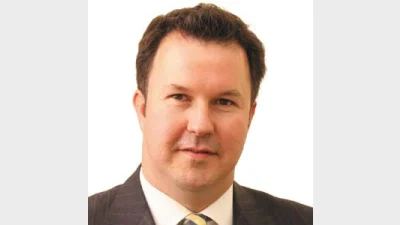ASIC only successful after damage is done



The man who is chairing the Senate Committee reviewing the Australian Securities and Investments Commission (ASIC) has declared that the regulator's greatest successes appear to have occurred after money has been lost.
Tasmanian Liberal Senator, David Bushby, has used an address to the Risk Management Association in Melbourne to say that one of the anticipated outcomes of the Senate Committee inquiry "will be an assessment of the effectiveness of ASIC when it comes to making best use of its regulatory tools, particularly with a view to considering ‘over the horizon' intelligence to prevent failure".
In doing so, he said there were many questions in relation to "the effectiveness of ASIC's enforcement of the law on financial products and advice that will need to be explored by the inquiry".
Bushby pointed to the recent high-profile failures in regulation of financial advice including Storm Financial, Trio/Astarra and the enforceable undertaking imposed on Commonwealth Financial Planning, and allegations that whistle-blowers had been ignored by the regulators.
He said it was possible to identify some common threads from the failures:
* Product complexity made it difficult for consumers to make rational and informed decisions;
* Financial advisers engaged in promoting products not appropriate to client needs; and
* Regulatory intelligence, forensic skill and enforcement appears to have been lacking — as the regulation activity occurred well after the event.
"The supporters of Future of Financial Advice (FOFA) would argue that in relation to the first and second of these points — product complexity and mis-selling — we are now better prepared," Bushby said. "However, the reality is that there is little in FOFA that would have had any impact on any of these failures.
"To avoid losses occasioned by these sort of failures, we need to consider the role of regulation in addressing issues before the event in combating product and sales excesses, as opposed to mopping up after the event," he said. "Again, regulation itself isn't necessarily the problem — it is ensuring that the regulation applied is appropriate and workable, delivering benefits that outweigh the costs."
Recommended for you
A strong demand for core fixed income solutions has seen the Betashares Australian Composite Bond ETF surpass $1 billion in funds under management, driven by both advisers and investors.
As the end of the year approaches, two listed advice licensees have seen significant year-on-year improvement in their share price with only one firm reporting a loss since the start of 2025.
Having departed Magellan after more than 18 years, its former head of investment Gerald Stack has been appointed as chief executive of MFF Group.
With scalability becoming increasingly important for advice firms, a specialist consultant says organisational structure and strategic planning can be the biggest hurdles for those chasing growth.










